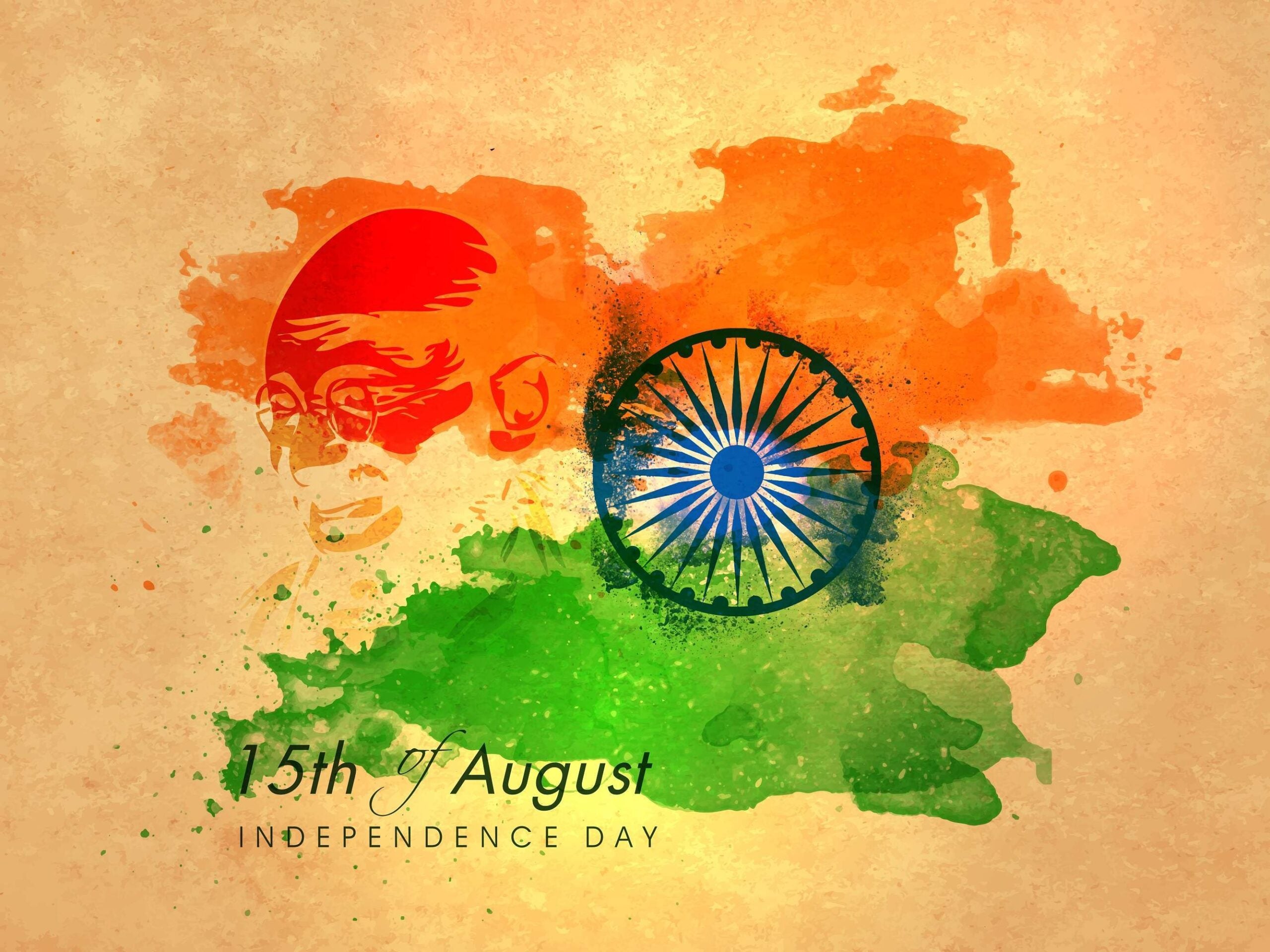
Today marks 70 years since India first became a sovereign and independent nation. What had previously been British India was split into India and Pakistan, and two new nations were born.
The road has been a long one for both countries wrought with both misery and jubilation.

Access deeper industry intelligence
Experience unmatched clarity with a single platform that combines unique data, AI, and human expertise.
However, despite its incredible involvement in the history of those two countries, many won’t fully understand the significance of Britain’s place in Indian and Pakistani history.
The history of the British empire is often not taught in schools.
There are many reasons for this, but one might be that Britain has a pretty atrocious record of mistreatment when it comes to colonisation.
To celebrate 70 years since India and Pakistan were formed, we’ve rounded up a list of books everyone should read post haste.

US Tariffs are shifting - will you react or anticipate?
Don’t let policy changes catch you off guard. Stay proactive with real-time data and expert analysis.
By GlobalDataMidnight’s Children, by Salman Rushdie (fiction)
Probably the most well-known book about independence and partition, Rushdie’s novel is a straight-up classic.
The story is that of Saleem Sinai, a boy born at the exact moment that India became independent.
Saleem and other children born within the hour of 12am and 1am when India became a country receive special powers. Saleem’s power is telepathy and he uses his gift to connect to other midnight’s children.
Their conference is a magical-realist reflection of the issues India faced post-independence including culture, language, religion, and politics.
The book might not quite make sense if you’re used to realist fiction, but it’s a truly incredible work regardless.
A God In Every Stone, by Kamila Shamsie (fiction)
This one is a bit of an unusual piece using three main characters.
Young Englishwoman Vivian Rose Spencer is an archaeologist who travels to Peshawar, Pakistan, after a brutal betrayal.
Qayyum Gul, is a soldier in the British Indian army, while his genius younger brother Najeeb becomes Vivian’s pupil.
The story covers a huge amount of territory from the first world war right up to India’s independence, and it’s astonishingly touching.
If you fancy learning a little more about the aspects of history and war that you didn’t learn in school, look no further.
Autobiography Of An Unknown Indian by Nirad Chaudhuri (non-fiction)
Considered by Winston Churchill one of the best books he ever read, Chaudhuri’s magum opus doesn’t disappoint.
It is Chaudhuri’s autobiography and tells of his life from childhood in Bengali countryside through his youth in Calcutta, right up to the country’s independence.
The book marks the story of modern day India through the eyes of one man.
It’s told with such a sparkling tone and wit that it’s impossible to put down. One could easily spend a week digesting it. Possibly the most precise portraits of a country you’ll ever read.
Freedom At Midnight by Larry Collins and Dominique Lapierre (non-fiction)
Another non-fiction one, Freedom At Midnight tells the story of the last year of the British raj.
It contains everything from the reactions of Indian royals, to independence, to the partition of India and Pakistan, to the bloodshed that followed.
It tells of how people tried to get to the country designated by their religion (Muslims to Pakistan, Hindus to India) and their travails.
The assassination of Gandhi and the events that led up to it are also explored.
It’s a stunning, evocative work of historical literature that details everything you might ever need to know about Indian independence. If you enjoyed this year’s film Viceroy’s House this might be perfect; the film was actually based on this book.
Train To Pakistan by Khushwant Singh (fiction)
While many of the novels listed above detail the politics connotations of Independence and the partition, this one focuses on the human side of the story.
The book is set in a fictional village on the border of India and Pakistan.
There, a local money-lender is murdered, and suspicion falls upon Juggut Singh, the village gangster who is in love with a Muslim girl.
When a train arrives, carrying the bodies of dead Sikhs, the village is transformed into a battlefield, and neither the magistrate nor the police are able to stem the rising tide of violence.
Amidst conflicting loyalties, it is left to Juggut Singh to redeem himself and reclaim peace for his village.
A Fine Balance by Rohinton Mistry (fiction)
Okay, so this one isn’t necessarily about Indian independence (though the Muslim-Hindu violence does feature in a small corner of the novel).
Instead, A Fine Balance focuses on what came after independence.
The book is set in 1975 and later 1984 under the reign of Indira Gandhi.
The story is told from four different perspectives, two lower class tailors, a middle-class widow, and an upper class schoolboy who all come together in an unidentified city in India.
This exposes the change in Indian society after independence. The book strongly criticises Gandhi, seeing all its main characters suffer immensely under her influence.
What it means to be a woman and a member of a lower caste in post-independence India are explored to a horrifying degree.
Mistry has been referred to as an Indian Charles Dickens and it’s easy to see why. This book is utterly haunting and totally bleak. A must-read.







